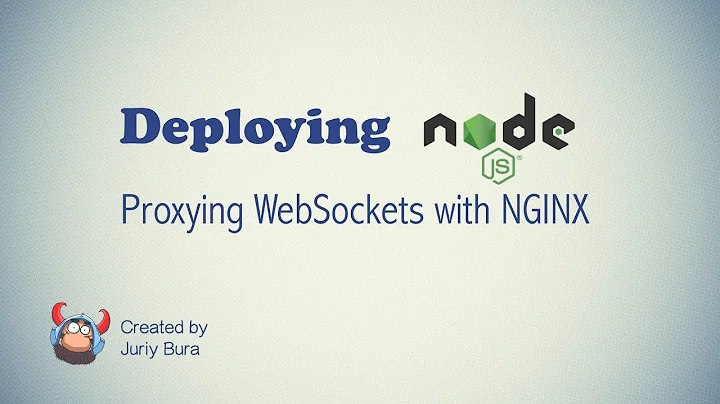nginx (13: Permission denied) on socket
After a few hours of pain I found a solution to this exact issue.
The problems are two: 1) the folder's permissions 2) the virtual environment
The virtual environment messes with your permissions and prevents uwsgi from creating the socket correctly - just deactivate the venv and pip install django and uwsgi system wide. There may be a way to solve this within the venv, but I don't know of any.
Then, set your django project folder's permissions to 777 (or change its owner to root).
cd into the folder and run the wsgi command as root:
sudo uwsgi --socket mysite.sock --module mysite.wsgi --chmod-socket=664 --uid www-data --gid www-data
this creates mysite.sock with owner www-data and I no longer get the permission denied error.
I hope this helps.
-edit- after some more investigation, I followed this tutorial and got it working as a systemd service without any of these issues - I guess the official tutorial takes some things for granted.
Related videos on Youtube
DoTheGenes
Just your average uni-student who clings to his hope of some day becoming a software developer. ATM my skills with different languages and algorithms are on an average level, but as time passes my awesomeness increases! You shouldn't take life too seriously: You'll never get out alive. -Van Wilder
Updated on September 18, 2022Comments
-
DoTheGenes almost 2 years
I'm trying to set up a Django app using uwsgi and nginx, but I keep butting my head against a very irritating problem.
I've used the uwsgi docs as a reference guide.When serving the app through uwsgi (
uwsgi --http :8000 --module myproject.wsgi) everything works fine, but when I try to connect through a socket with nginx (uwsgi --ini myproject.ini) and openmyproject.com:8000/<django-app>in my browser I get a 502 error and2018/02/07 08:25:26 [crit] 30339#30339: *1 connect() to unix:///var/www/[myproject]/[myproject].sock failed (13: Permission denied) while connecting to upstream, client: [client-ip], server: [server-ip], request: "GET /[django-app]/ HTTP/1.1", upstream: "unix:///var/www/[myproject]/[myproject].sock:", host: "[fqdn]:8000"
this ^ in
/var/log/nginx/error.logMy project folder is under
/var/www/, owned by<me>:www-data, and with764as permissions. Every subfolder and file is (currently) under this ownership and these permissions.I'm running everything on a Ubuntu 16.04 virtual machine (managed by my admin), and my user has
sudoaccess.
Am I missing something obvious?
Update:
For the moment, everything is working whenotherhasread-writepermissions on the socket, andread-executepermissions on the rest of the project.
So nginx is not recognized as it should... I've double-checked, and nginx is running as thewww-datauser, which is the group-owner of my entire project, and which hasread-executepermissions, just asothernow has.
myproject_nginx.conf
(In addition to the settings in this file, I've putuser www-data www-data;in/etc/nginx/nginx.conf.)# myproject_nginx.conf # the upstream component nginx needs to connect to upstream django { server unix:///var/www/myproject/myproject.sock; } # configuration of the server server { # the port your site will be served on listen 8000; # the domain name it will serve for server_name my.ip.goes.here; # substitute your machine's IP address or FQDN charset utf-8; # max upload size client_max_body_size 75M; # adjust to taste # Django media location /media { alias /var/www/myproject/media; # your Django project's media files - amend as required } location /static { alias /var/www/myproject/static; # your Django project's static files - amend as required # Finally, send all non-media requests to the Django server. location / { uwsgi_pass django; include /var/www/myproject/uwsgi_params; # the uwsgi_params file you installed } }
myproject_uwsgi.ini# myproject_uwsgi.ini file [uwsgi] # Django-related settings # the base directory (full path) chdir = /var/www/myproject # Django's wsgi file module = myproject.wsgi # the virtualenv (full path) home = /var/www/myenv # process-related settings master = true # maximum number of worker processes processes = 10 # the socket (full path) socket = /var/www/myproject/myproject.sock # ... with appropriate permissions - may be needed chmod-socket = 666 uid = me gid = www-data # clear environment on exit vacuum = true -
 nicorellius over 3 yearsThe socket file is created and destroyed each time you run uwsgi so changing perms manually is not a sustainable solution.
nicorellius over 3 yearsThe socket file is created and destroyed each time you run uwsgi so changing perms manually is not a sustainable solution.




